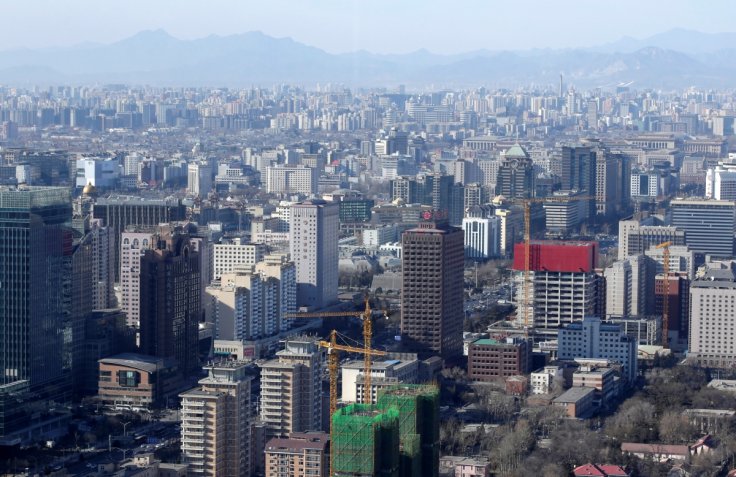
The Lion City's manufacturing sector managed to expand for the 16th consecutive month in December, the latest data by the Singapore Institute of Purchasing and Materials Management (SIPMM) showed.
The country's Purchasing Managers' Index (PMI) ended the year with a reading of 52.8 points, slightly lower than the near eight-year high seen in November.
PMI indicates the health of the manufacturing activity. A reading above 50 signifies an expansion.
In its report, SIPMM said the slightly lower reading was due to the moderate expansion in factory output and inventory.
Also Read: Economists predict moderation in Singapore economy as export demand slows
Meanwhile, it was the opposite with new orders, new exports, and employment, all of which reported faster rates of expansion in the said period.
With regards to the PMI for the electronics sector, a drop of 0.3 point was reflected in the latest data, bringing the index reading to 53.2.
While this is the sector's 17th month in the expansionary zone, the slower rate of growth in new orders, new exports, factory output, inventory and employment badgered its chances to improve the previous reading.
Commenting on the data, OCBC Bank head of Treasury Research & Strategy Selena Link said the declines in manufacturing and electronics PMIs are just moderate easing, given that both are still in the positive growth territory.
In fact, the electronics PMI still lingered near its highest level of 53.5 since July 2010. Ling said this is an encouraging sign for the sector.
Latest figures from the Ministry of Trade and Industry revealed that Singapore's manufacturing growth softened by 11.5 percent in the previous quarter, down from the 38 percent seen in Q317.
"This brought the full year manufacturing growth to 10.5 percent year on year in 2017, which is a sharp improvement from the 3.6 percent year on year seen in 2016, but we anticipate that the 2018 outlook for manufacturing growth will be a more modest single-digit growth of 4.9 percent year on year," Ling explained.








